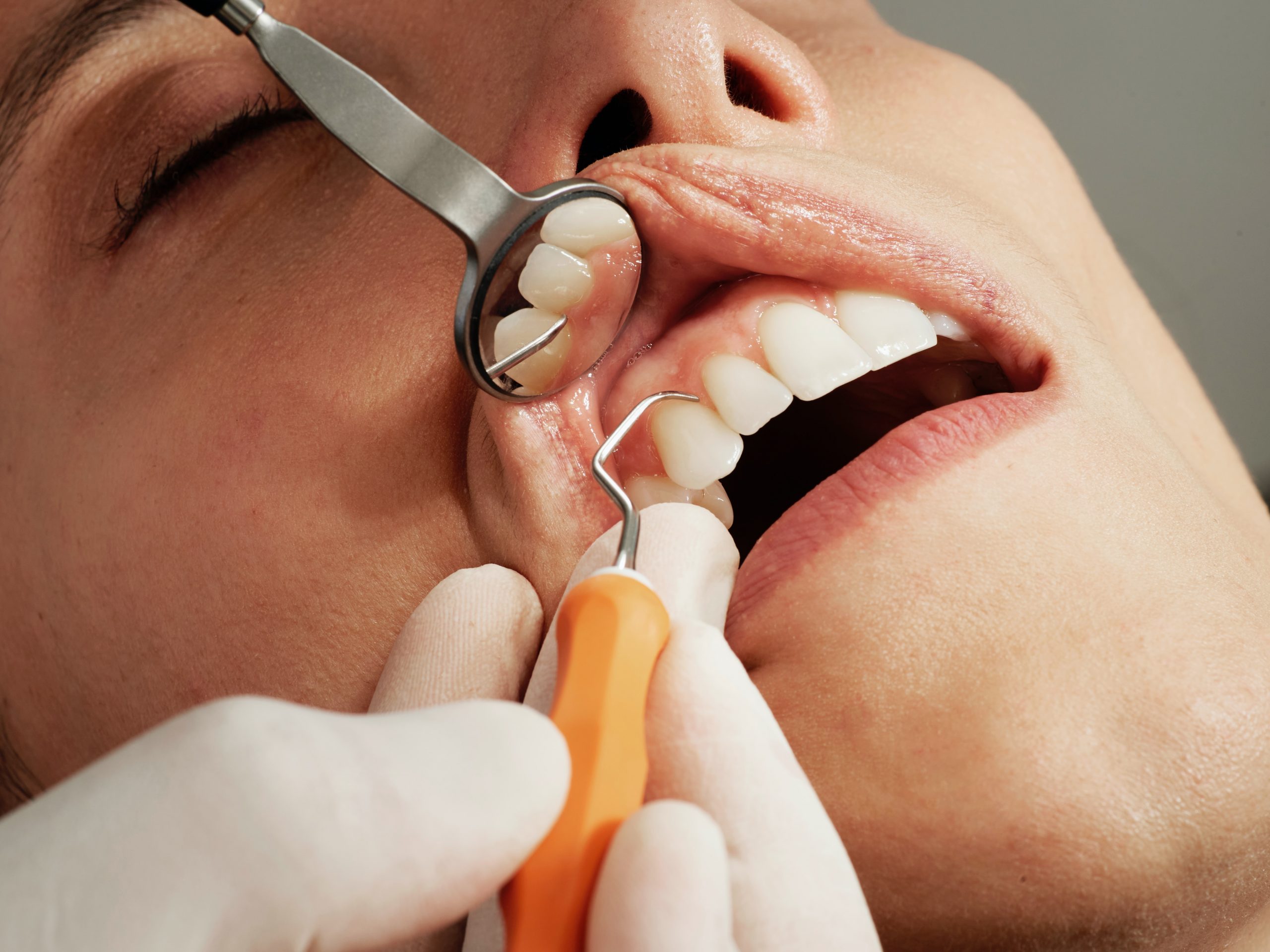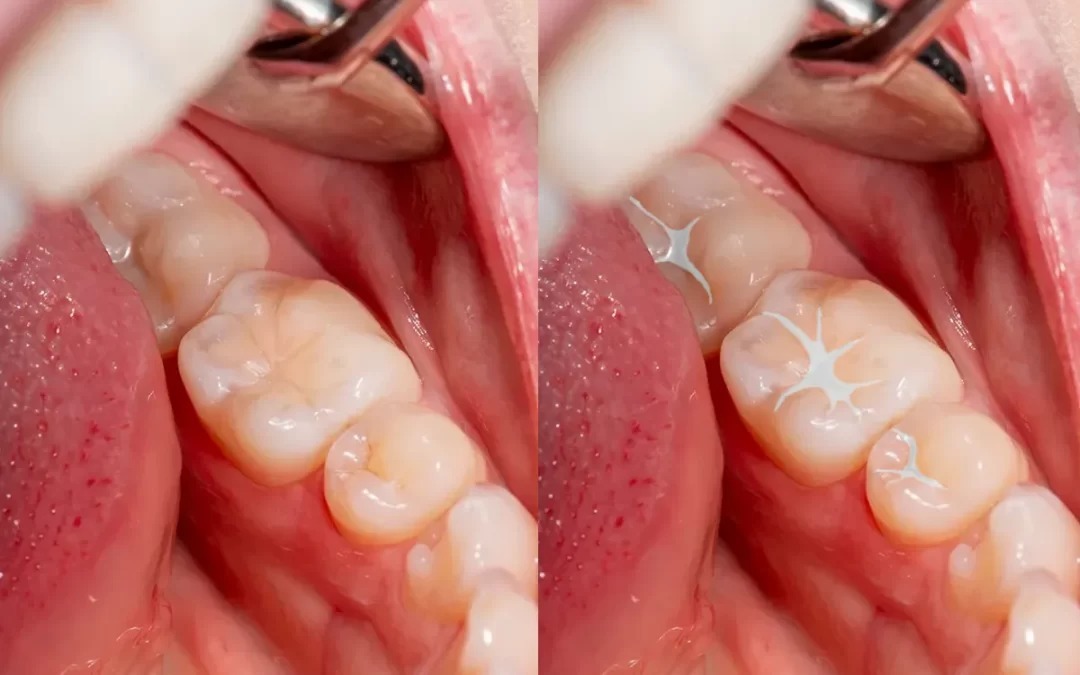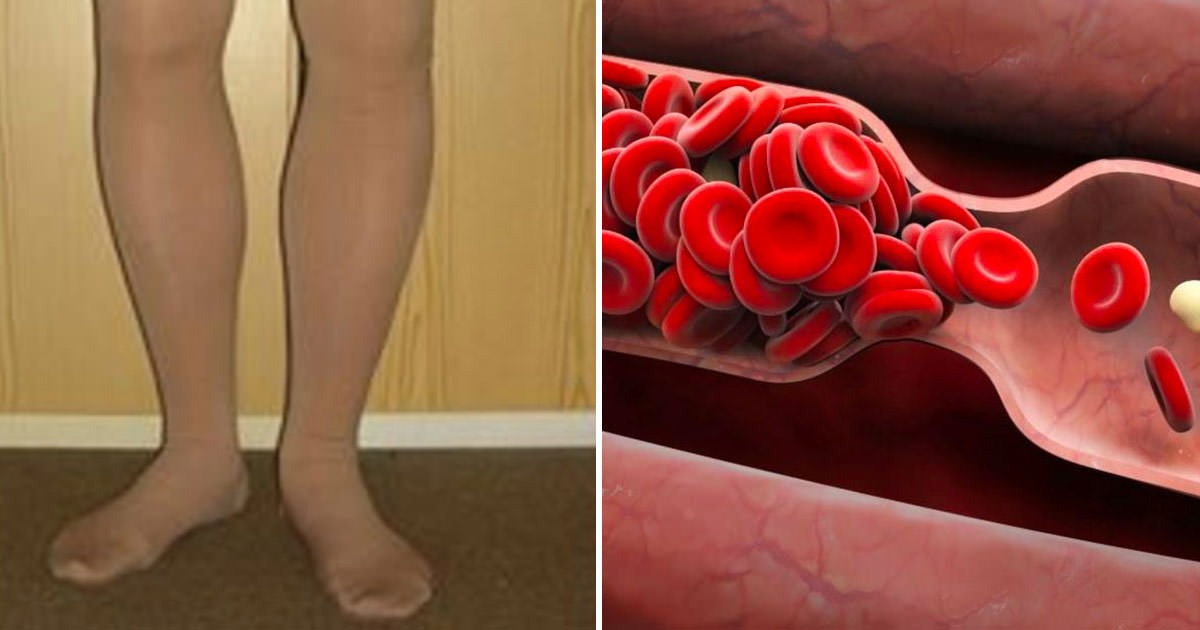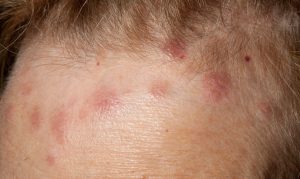SK. How to naturally repair a cavity. Keep these tips in mind to avoid visiting the dentist
Maintaining strong teeth is essential to overall health, and many people wonder whether it’s possible to reverse or repair cavities naturally—without a trip to the dentist. While good oral hygiene and a nutrient-rich diet can play an important role in preventing cavities and supporting enamel health, it’s important to understand the limits of natural approaches.
In this article, we’ll look at ways to support oral health and slow the early stages of tooth decay, as well as when it’s time to see a dental professional.
Understanding Tooth Decay

Tooth decay begins when acids—often produced by bacteria feeding on sugar—wear down the outer layer of your teeth, called enamel. In its earliest stages, this process is known as demineralization and may sometimes be slowed or partially reversed. However, once a cavity forms—a permanent hole in the tooth—professional dental treatment is typically required.
Signs of Early Decay
Early-stage tooth decay may not cause pain, but warning signs include:
-
White or brown spots on the teeth
-
Increased sensitivity to hot, cold, or sweet foods
-
Rough or uneven texture on the enamel
If you notice these symptoms, consult with a dental provider. Early intervention is key.
Natural Tips for Supporting Enamel Health

While you cannot fully “heal” a cavity at home, these steps can help maintain good oral hygiene and support remineralization during the earliest phases of enamel wear:
1. Improve Your Nutrient Intake
Tooth enamel relies on minerals like calcium, phosphorus, and magnesium to stay strong. Focus on:
-
Leafy green vegetables (spinach, kale)
-
Dairy products (yogurt, cheese)
-
Nuts and seeds (in moderation)
-
Fish rich in vitamin D and omega-3s
2. Minimize Foods High in Phytic Acid
Phytic acid, commonly found in grains, legumes, and seeds, may reduce mineral absorption. While these foods are nutritious, consider balancing them with mineral-rich foods.
3. Limit Sugar and Starch
Sugars and starches feed bacteria in your mouth, leading to acid production that breaks down enamel. Tips include:
-
Reducing sugary snacks and drinks
-
Avoiding frequent grazing throughout the day
-
Rinsing your mouth or brushing after consuming sugary foods
4. Brush and Floss Consistently
Brush twice daily with fluoride toothpaste and floss once a day. Fluoride strengthens enamel and may help remineralize early decay.
5. Consider Fluoride Mouth Rinse
Over-the-counter fluoride rinses can offer additional protection, especially for people prone to cavities.
Why Dental Visits Still Matter

Even with excellent care at home, professional check-ups are essential. A dentist can:
-
Detect early decay in hard-to-see areas
-
Offer preventive treatments (like fluoride varnish or sealants)
-
Safely remove decay and fill cavities before they progress
Delaying care can result in more invasive treatment later on, such as root canals or extractions.
Final Thoughts
While home care is critical in maintaining strong teeth and potentially slowing early signs of enamel wear, it cannot replace professional dental treatment for established cavities.
Staying informed, practicing good hygiene, and maintaining a balanced diet can go a long way in preserving your oral health. But if you’re experiencing tooth pain, sensitivity, or visible damage, make an appointment with your dentist for the best possible care.
Sources:
-
American Dental Association (ADA)
-
Mayo Clinic
-
National Institute of Dental and Craniofacial Research (NIDCR)













